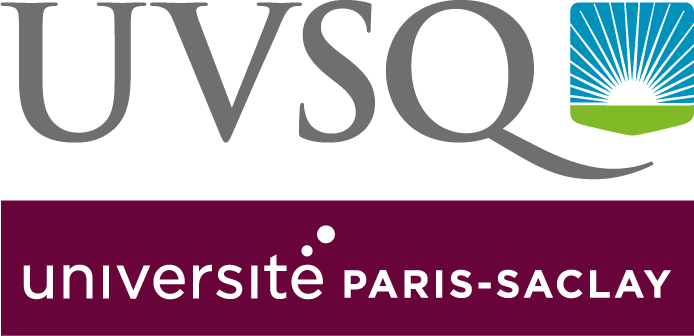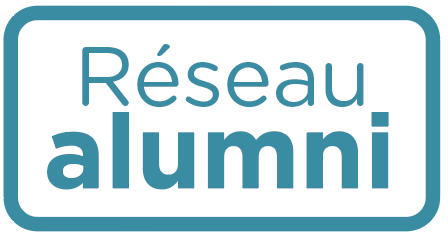Vous êtes ici : UVSQ RechercheHabilitation à diriger des recherches
- Publié le 19 octobre 2021
- Version PDF
" Pour une histoire culturelle transnationale de l'Europe après 1945" par Caroline MOINE
le 25 octobre 2021
Lundi 25 octobre 2021 à 9h30
Lien vers la soutenance : https://us06web.zoom.us/meeting/register/tZ0rdeioqzoiG9eW37acwLmJxi1uAf1_-qHa
Discipline :Histoire
Ce dossier d’Habilitation à Diriger des Recherches (HDR) réunit un mémoire de synthèse intitulé « Génération 1973 », un recueil de 23 articles portant sur une « Histoire culturelle transnationale de l’Europe après 1945 » et un mémoire inédit consacré à « Helmut Frenz, le “pasteur rouge”. Un parcours transnational, au coeur des solidarités avec le Chili ».
Un premier axe des recherches présentées dans ce dossier est consacré aux circulations cinématographiques dans l’Europe divisée du temps de la guerre froide, à l’exemple de l’histoire des festivals internationaux de cinéma. Dans une approche d’histoire culturelle, mêlant dimensions politique, sociale, culturelle et économique, le cinéma y est étudié à travers ses multiples protagonistes, individuels et institutionnels, de l’échelle locale à l’échelle globale.
Un deuxième axe porte sur une histoire culturelle des mobilisations de solidarité internationale contre la dictature au Chili à la suite du coup d’Etat du 11 septembre 1973. Le mémoire inédit suit le parcours de Helmut Frenz (1933-2011), jeune pasteur ouest-allemand arrivé en 1965 au Chili, et qui s’engagea peu à peu dans un travail social auprès des plus démunis, avant de choisir l’action solidaire en faveur des victimes de la dictature. Cet essai de biographie globale, entre Europe et Amérique latine, où se mêlent, à l’échelle individuelle et collective, politique, religion et émotions, permet de souligner la complexité du processus des mobilisations politiques transnationales.
Abstract:
This dossier Habilitation à Diriger des Recherches (HDR) brings together the essay "Generation 1973"; a collection of twenty-three articles on a “Transnational Cultural History of Europe post-1945,” and an yet to be published study devoted to “Helmut Frenz, the ‘red pastor.’ A transnational journey, in the midst of solidarity with Chile.”
The first axis of research presented in this dossier focusses on how cinematographic oeuvres were disseminated to audiences in the divided Europe of the Cold War years, using the concrete example of the history of international film festivals. With an historical approach, combining political, social, cultural and economic dimensions, cinema writ large is analyzed through its multiple individual and institutional protagonists and facets, from the local to the global scale.
The second axis concentrates on the cultural history of how international solidarity mobilised itself against the Chilean dictatorship in the wake the coup d'état of 11 September 1973. This unpublished essay re-traces the trajectory of Helmut Frenz (1933-2011), a young West German pastor who following his arrival in Chile in 1965 gradually became involved in social work with the most disadvantaged communities, before then opting for solidarity action with victims of the dictatorship. His distinct transnational biography, between Europe and Latin America, where politics, religion and emotions intertwine on an individual and collective scale, highlights the complexity of the process behind transnational political mobilization.
M. Christian Delporte, professeur à l'Université Paris-Saclay/UVSQ (garant)
Mme Patrizia Dogliani, professeure à l'Université de Bologne (rapportrice)
Mme Pascale Goetschel, professeure à l'Université Paris 1 Panthéon-Sorbonne (examinatrice)
M. Thomas Lindenberger, professeur à l'Université Technique de Dresde (examinateur)
Mme Hélène Miard-Delacroix, professeure à Sorbonne Université (rapportrice)
Documents à télécharger
- affichage HDR de Madame Caroline MOINE.pdf PDF, 450 Ko









 Etudiants
Etudiants